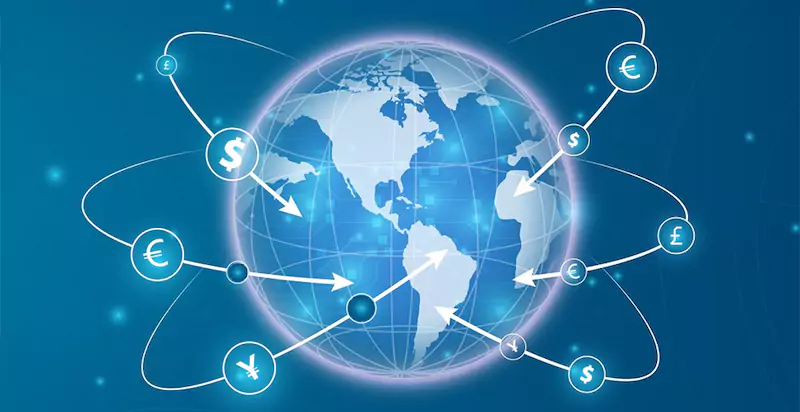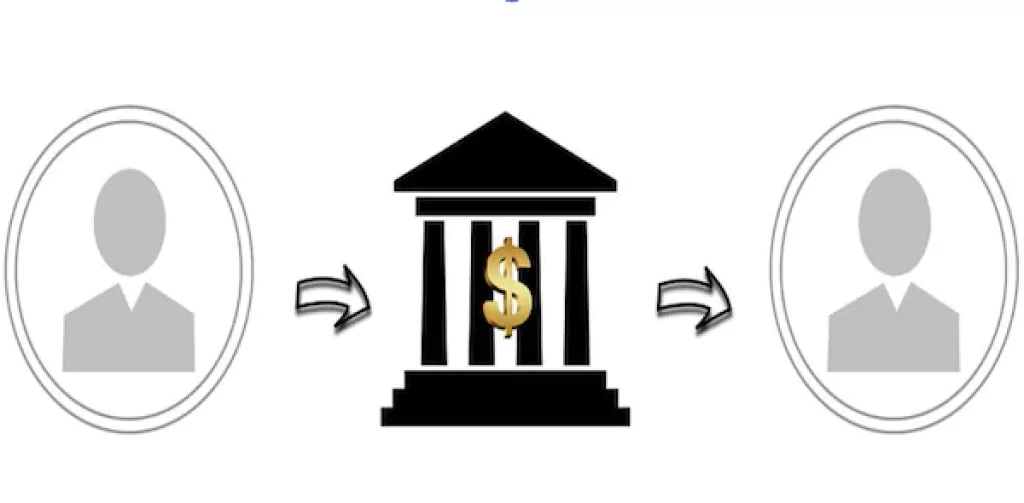Is International Money Transfer Safe? Here’s What You Should Know

Security is a paramount concern when dealing with money, so it’s natural to wonder whether international money transfer is safe. The good news is that, in general, transferring money internationally is a very safe process. Many factors contribute to the safety of international money transfers, including the use of secure technology and the fact that government financial institutions regulate most money transfer services.

Of course, there are always risks associated with any financial transaction, so it’s important to be aware of the potential dangers before you make an international money transfer. Here are some things to keep in mind:
1. Use a Reputable Provider
Using a reputable provider is one of the best ways to ensure a smooth and hassle-free experience. When choosing a provider, look for one regulated by a government body, such as the Financial Conduct Authority (FCA) in the UK or the Consumer Financial Protection Bureau (CFPB) in the US. If you want to send money to China from the UK, several specialized providers can offer you competitive rates and low fees. Reputable companies help to protect consumers by ensuring that providers adhere to specific standards and regulations.
In addition to being regulated by a government body, choosing a provider with a good reputation is also important. You can check out online reviews to see what other users say about their experience with the provider. And be sure to ask around – friends and family who have made international money transfers in the past may be able to recommend a good provider.
2. Compare Fees and Exchange Rates
When transferring money abroad, comparing different providers’ fees and exchange rates is important. Fees can vary significantly between providers, and exchange rates can fluctuate daily. You can ensure you get the best deal by comparing various providers’ fees and exchange rates.
Some providers offer no fees or low fees for international money transfers, while others may have higher fees but offer more competitive exchange rates. It is important to weigh up the pros and cons of each provider before deciding which one is right for you.
3. Know the Laws and Regulations
Each country has its own set of rules and regulations regarding financial transactions. It’s essential to be aware of these rules and regulations before making an international money transfer, as not following them can lead to problems. For example, transferring money into or out of the country is illegal in some countries without proper documentation or authorization from a government institution.
It’s also important to know any taxes that may apply to your transaction. For example, in some countries, a tax is levied on all incoming and outgoing foreign transfers. By knowing the laws and regulations of both your home country and the destination country, you can avoid any unpleasant surprises down the road.
4. Keep Your Information Safe
To keep your information safe, you need to take a few precautions. One of the best ways to protect your data is by using strong passwords. Make sure your passwords are at least eight characters long and include a mix of letters, numbers, and symbols. And don’t use the same password for multiple accounts – that’s just asking for trouble.
Another way to keep your information safe is by changing your passwords often. Most providers recommend changing your passwords every 3-6 months. This will help ensure that if someone does manage to hack into one of your accounts, they won’t be able to access all your other accounts.
In addition to using strong passwords, it’s also important to use antivirus software on all your devices. This will help protect your devices from malware and other online threats. Make sure you update the software regularly so that you’re always protected against the latest threats.
5. Understand the Risks
There are always risks associated with any financial transaction, but there are a few specific risks to be aware of when making an international money transfer. One of the biggest risks is that the exchange rate may move against you. This means that the amount of money you receive in the destination currency may be less than what you started with.
Another risk is that the recipient may not receive the money. This can happen for several reasons, such as if the recipient’s bank account information was entered incorrectly. If this happens, you may be responsible for retrieving the funds and returning them to the sender.
Finally, there is always the risk that your personal or financial information could be compromised. This includes your passwords, credit card numbers, and bank account information.
6. Choose the Right Transfer Method
There are several transfer methods when you need to send money overseas. The most common way to send money overseas is by bank transfer. This method involves transferring funds from your bank account to the recipient’s bank account. Bank transfers can be done in person, over the phone, or online.
One of the biggest advantages of bank transfers is that they are relatively cheap – usually only a few dollars per transaction. They are also very reliable and secure and generally provide high customer service. However, bank transfers can take a while to process (up to 5 days), so they may not be suitable if you need to send money urgently.
Another popular way to send money overseas is via wire transfer. This method is similar to a bank transfer. But the funds are transferred electronically between banks rather than through the traditional banking system. Wire transfers are usually processed faster than bank transfers (within 1-2 days), but they can be more expensive.
Finally, several private companies offer international money transfer services. These companies typically use their network of banks and financial institutions to send and receive payments, which can help to speed up the process. However, these services can be more expensive than other methods, so comparing fees is vital before choosing a provider.
By following these simple tips, you can ensure your international money transfers are safe and secure. Just remember to do your research, compare fees and rates, and never give out your personal or financial information to anyone you don’t know. With a little preparation, you can rest assured that your money is in good hands.

